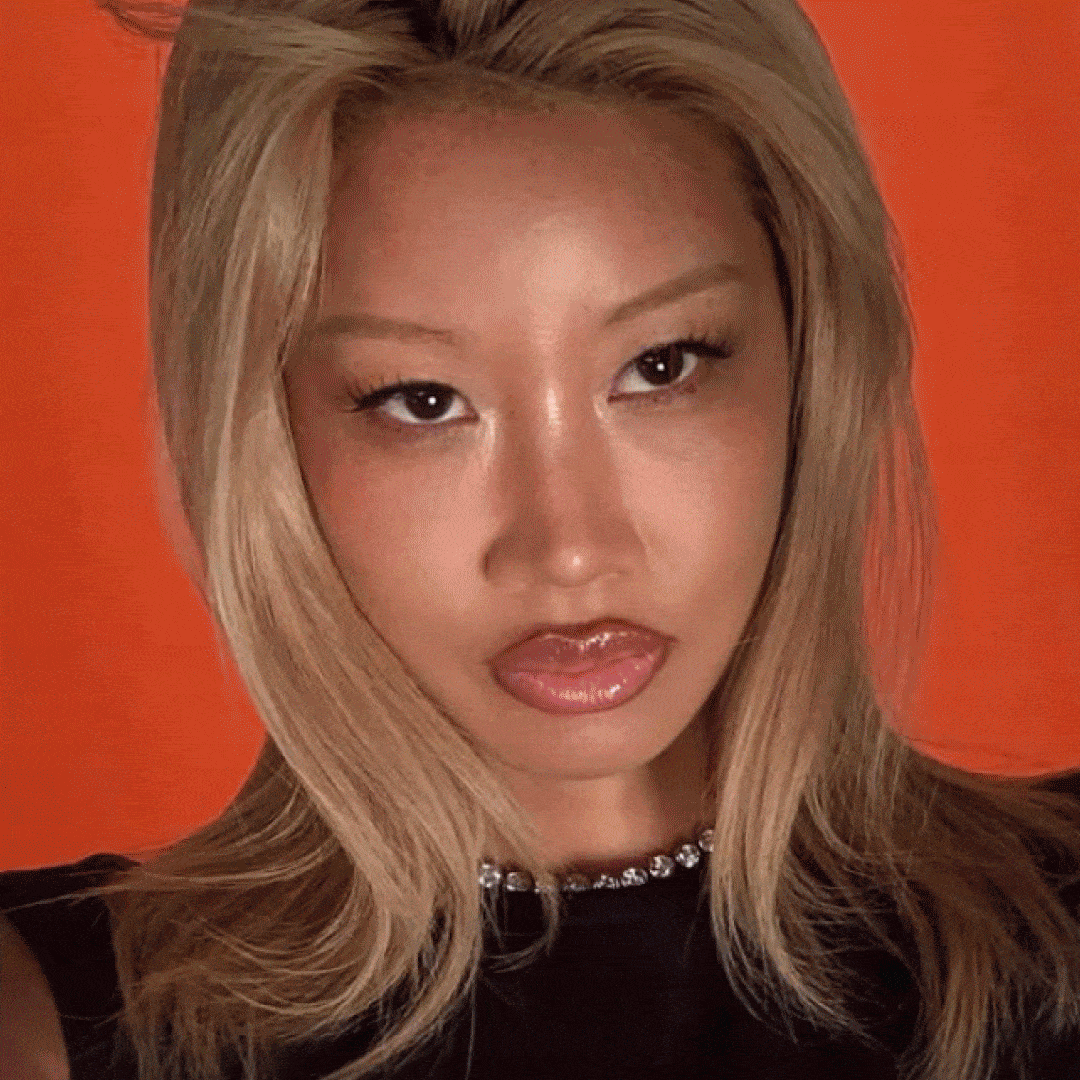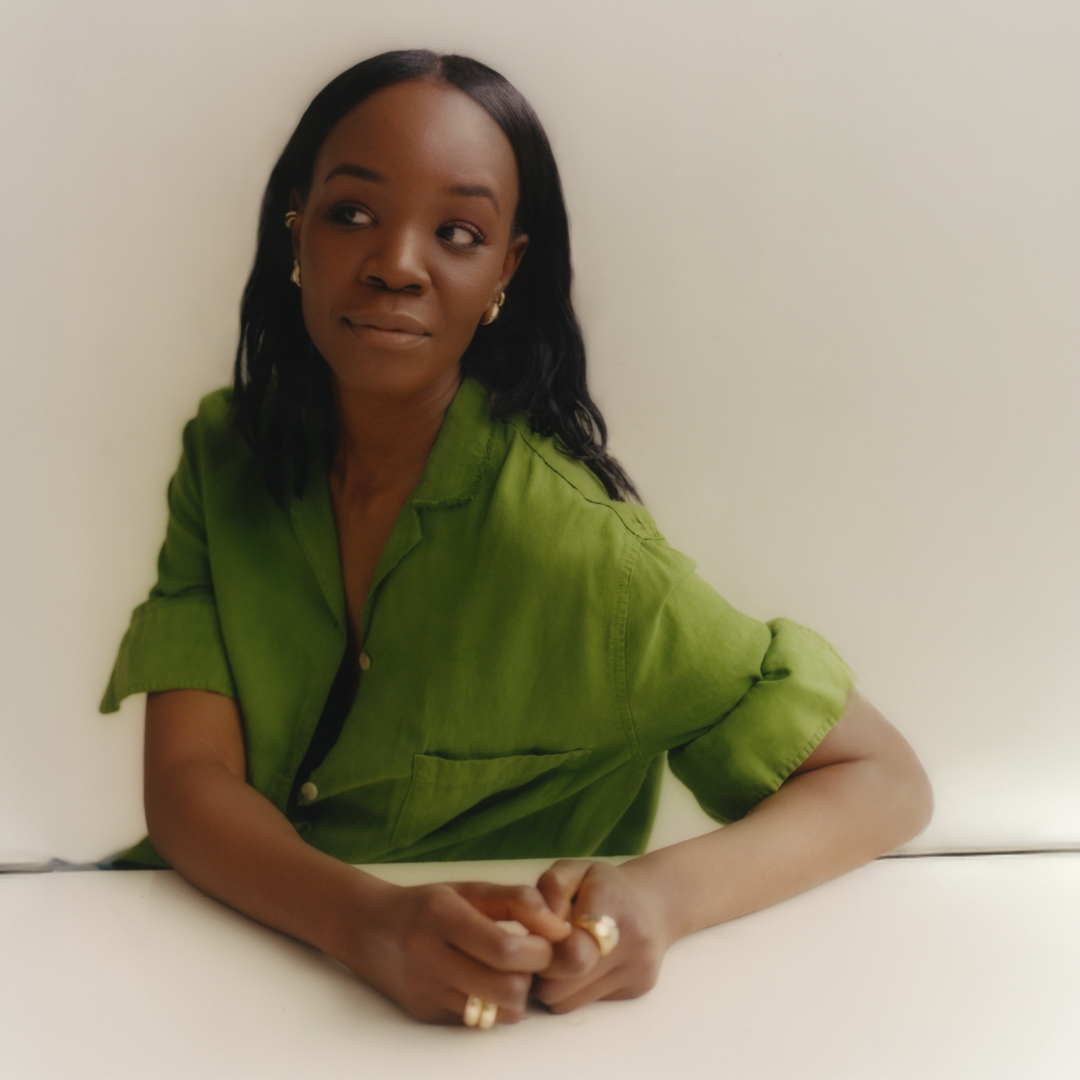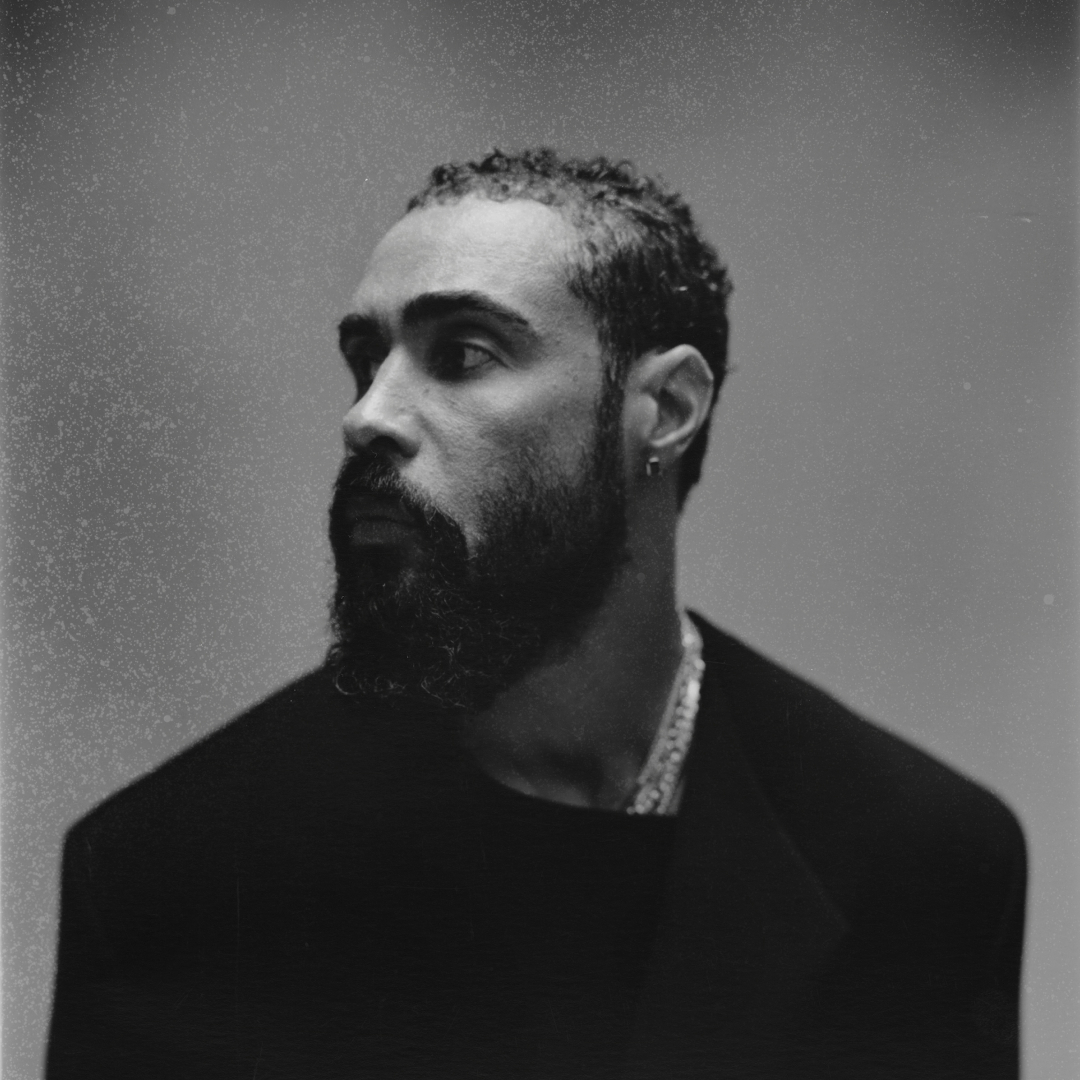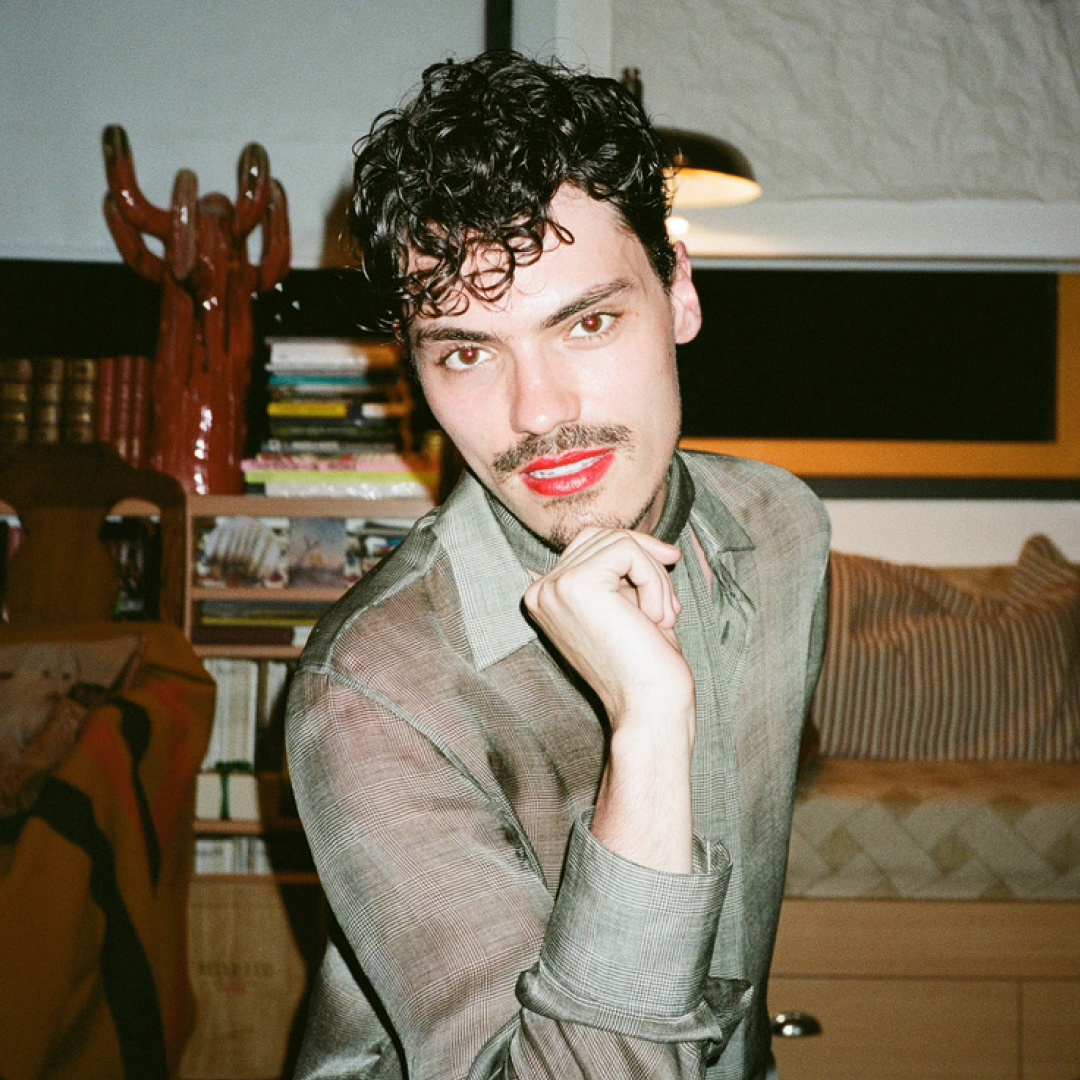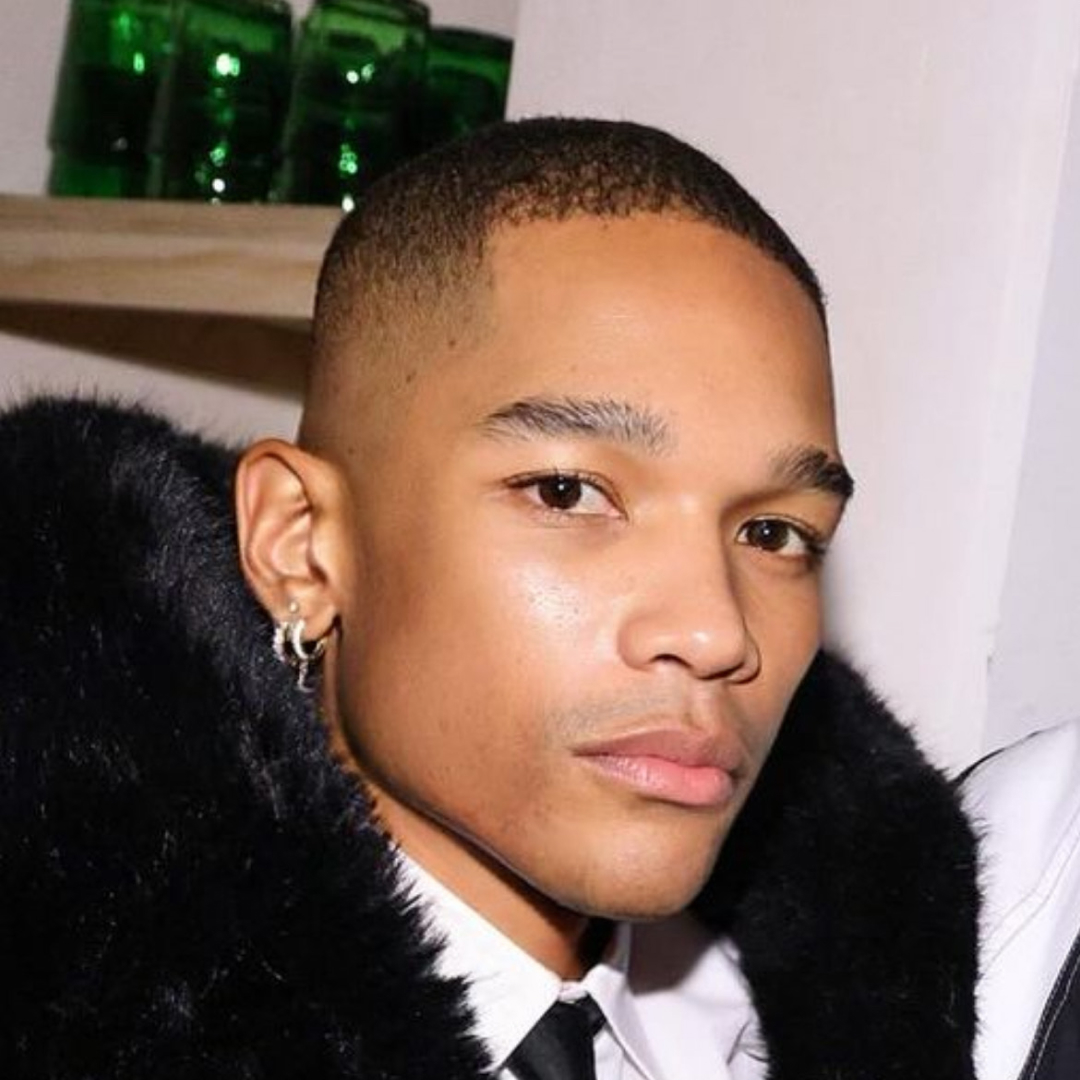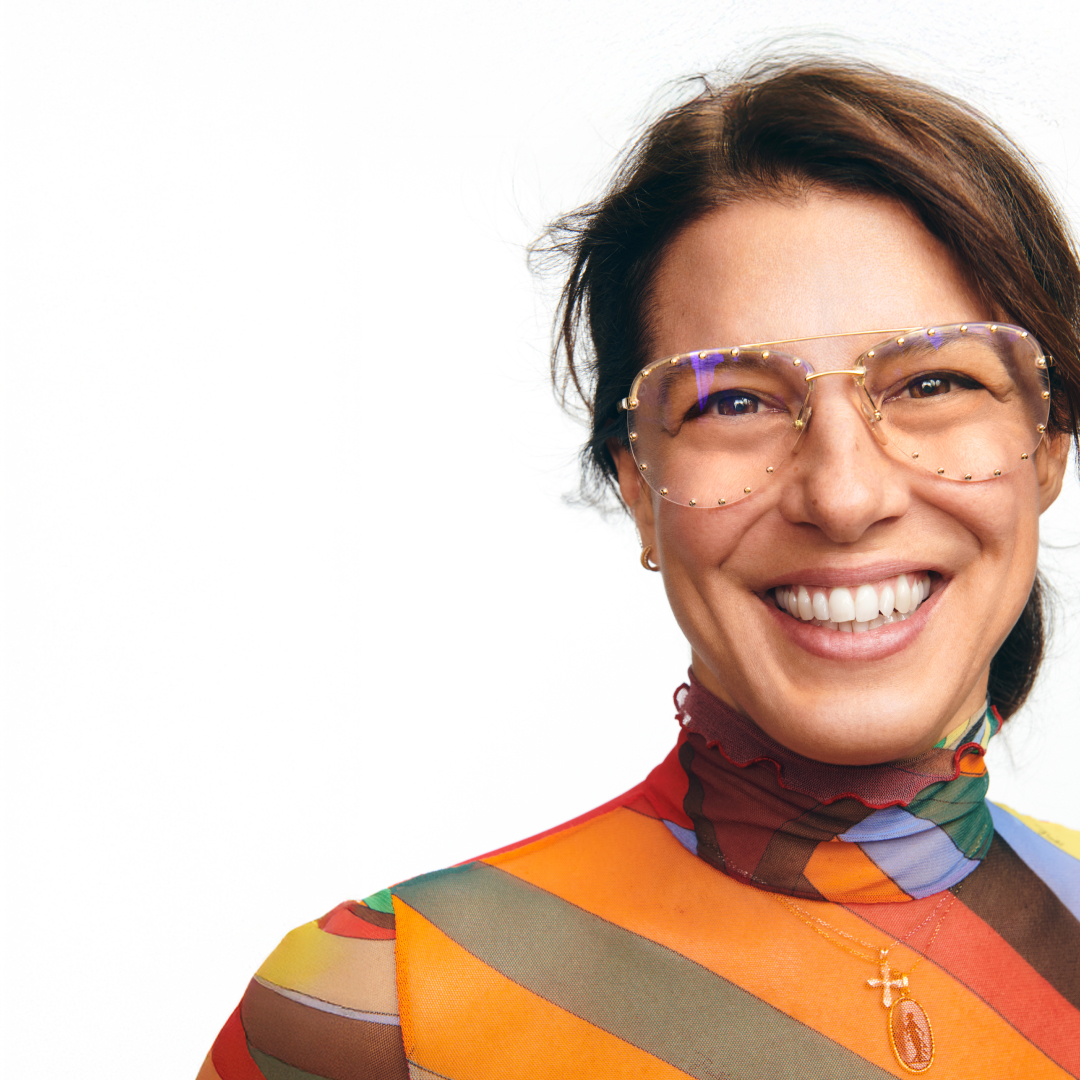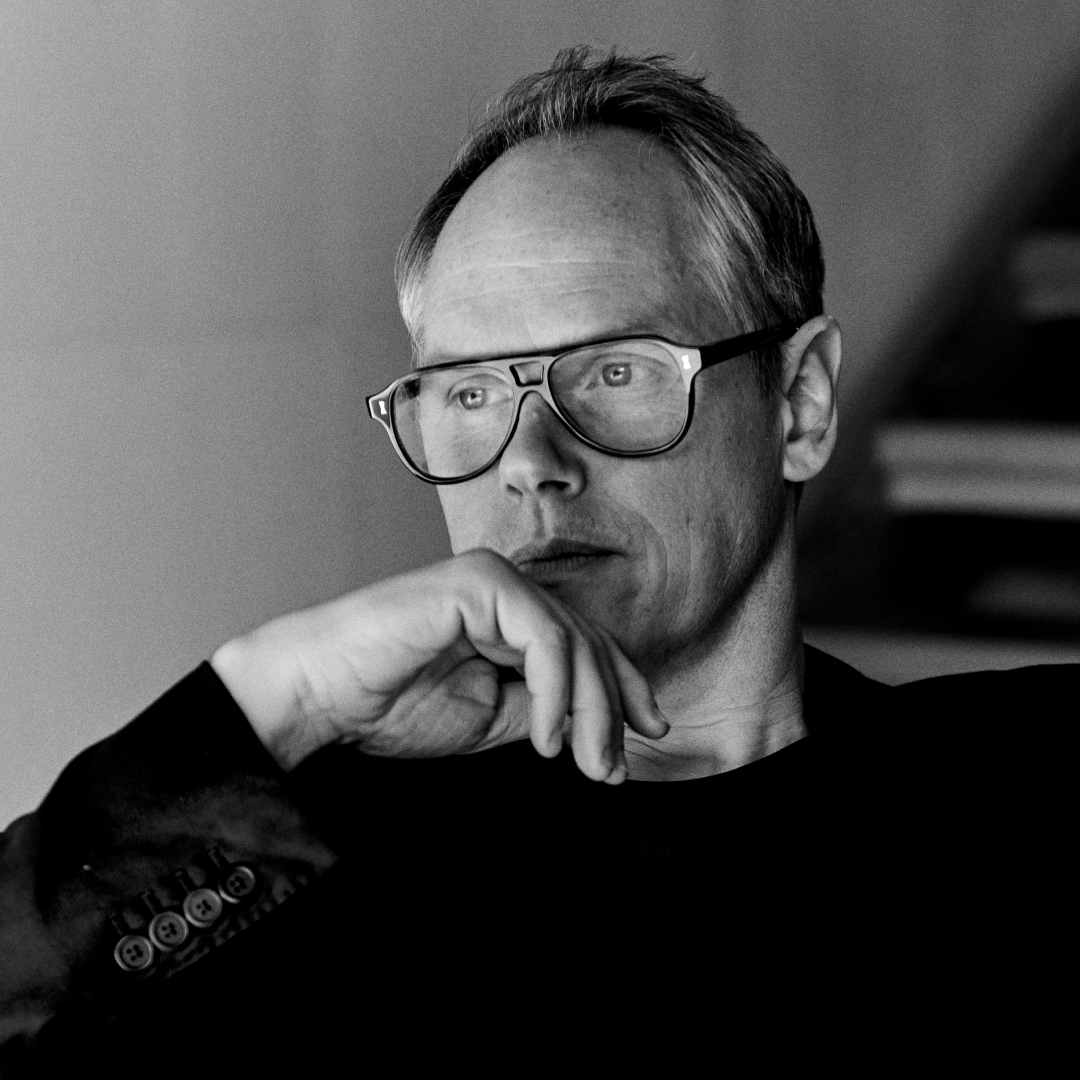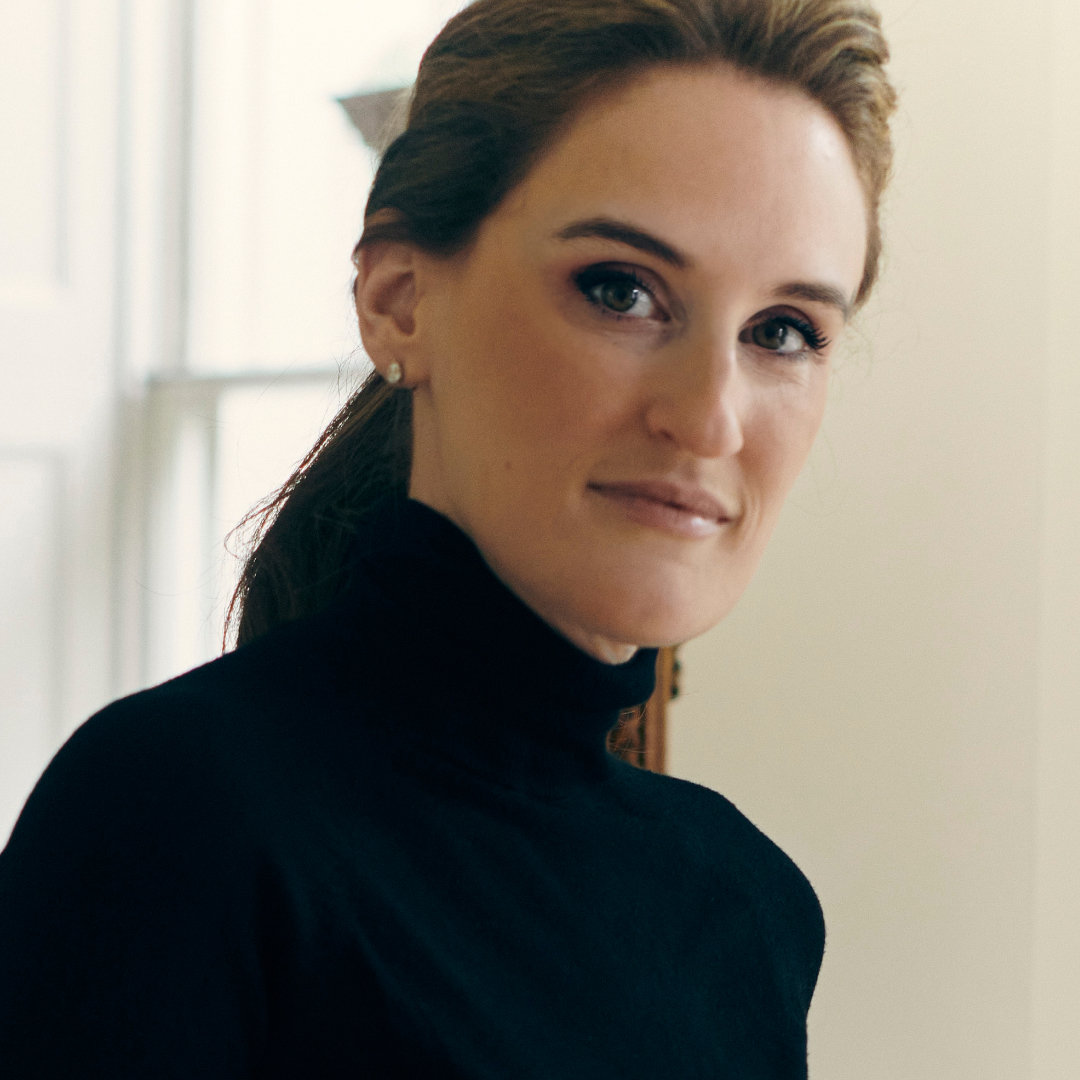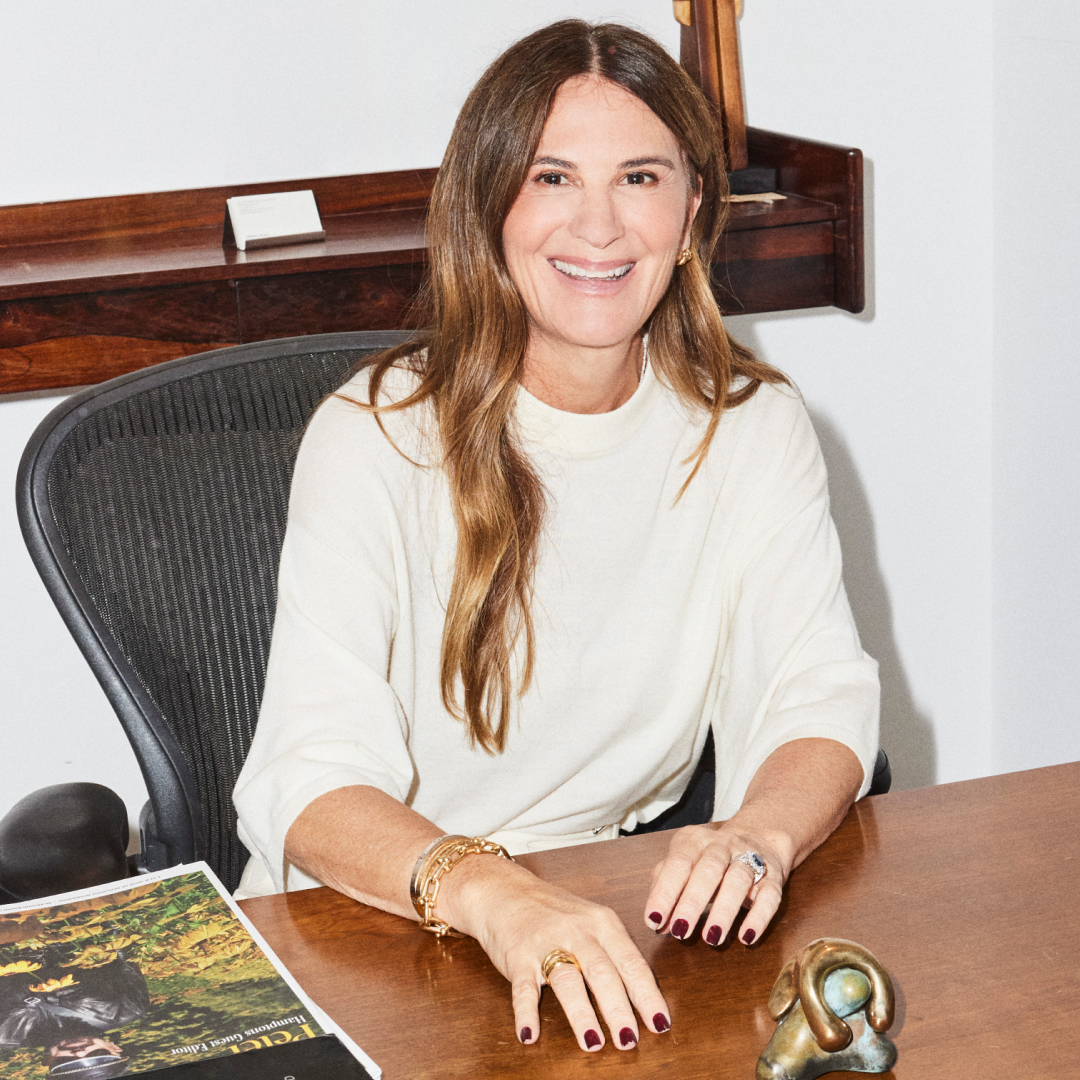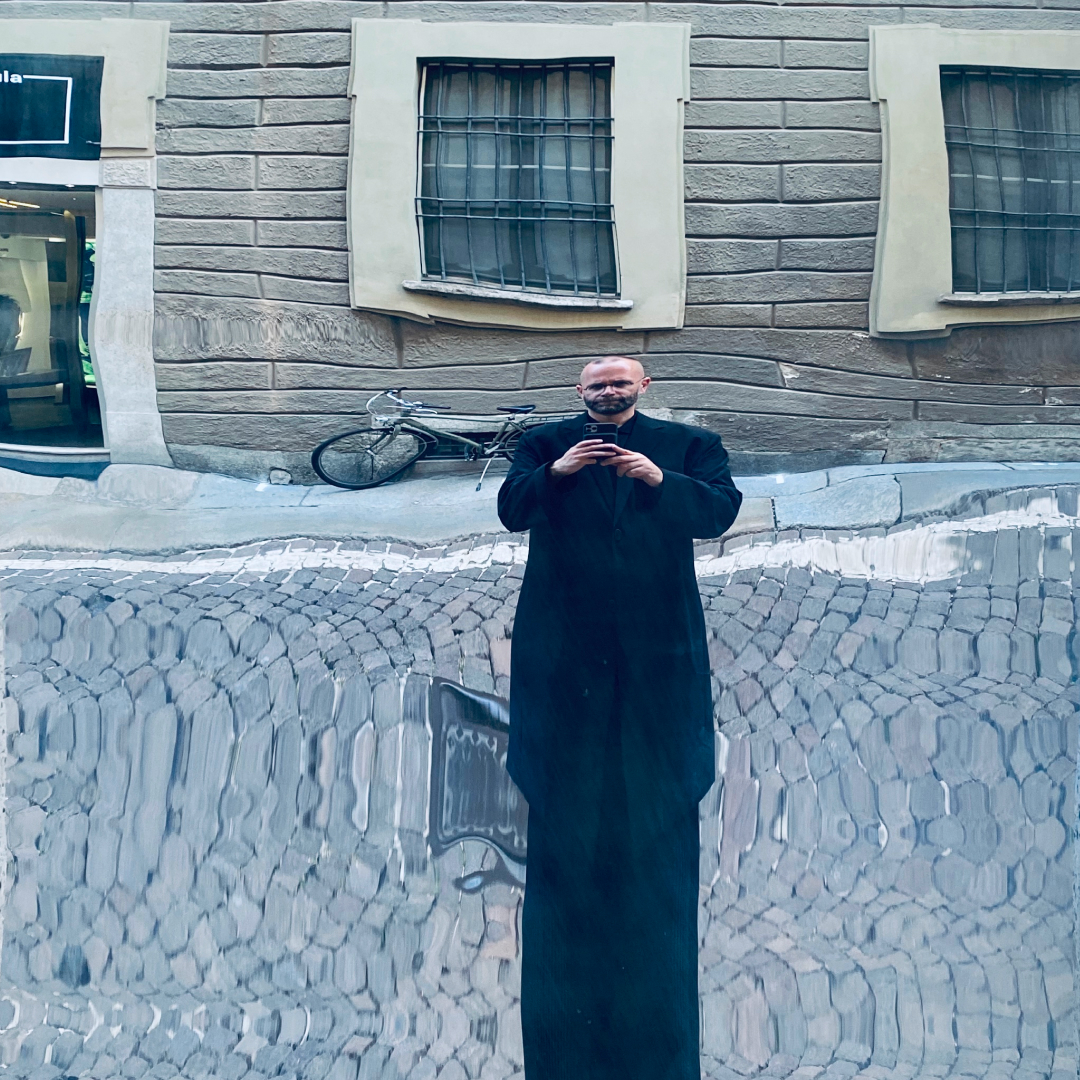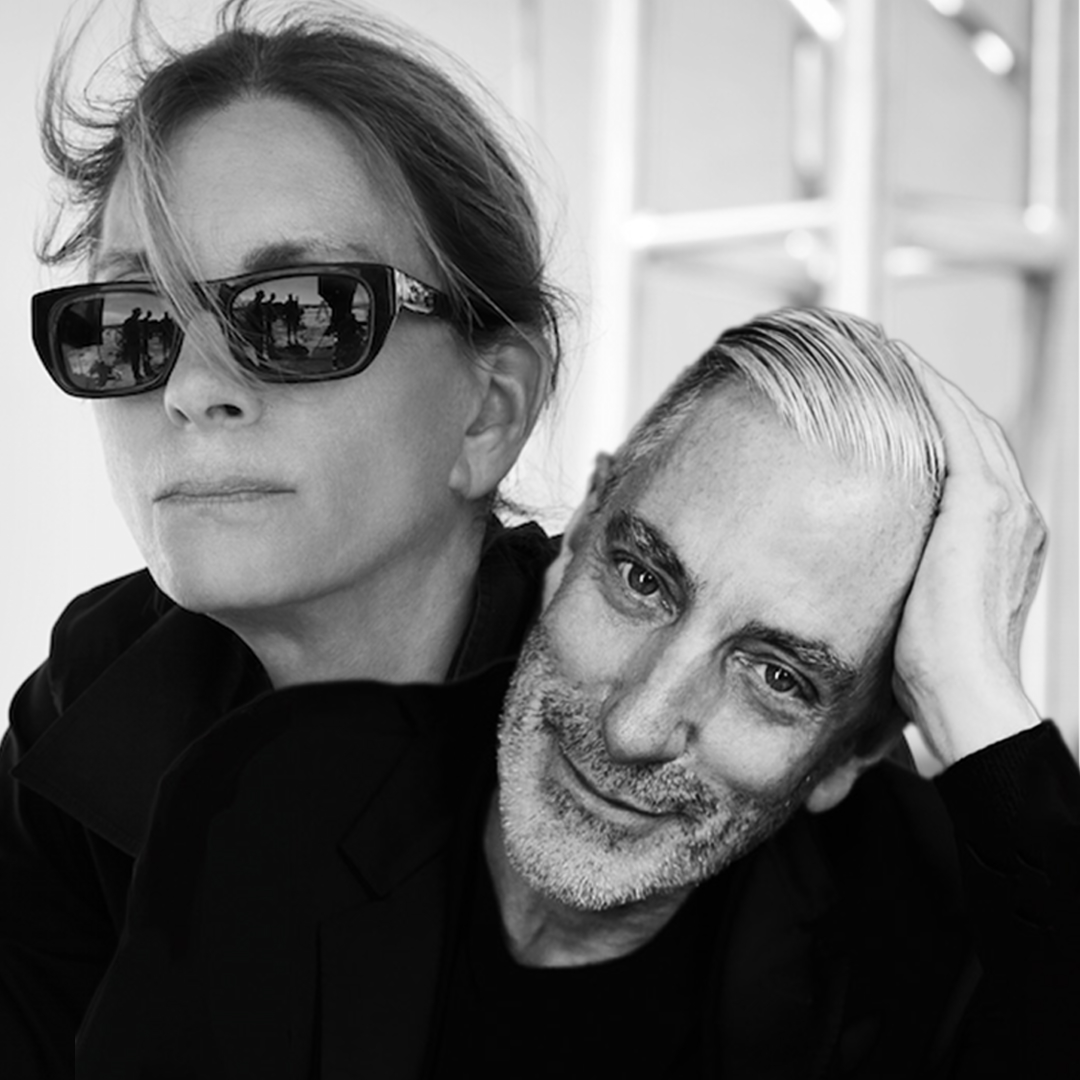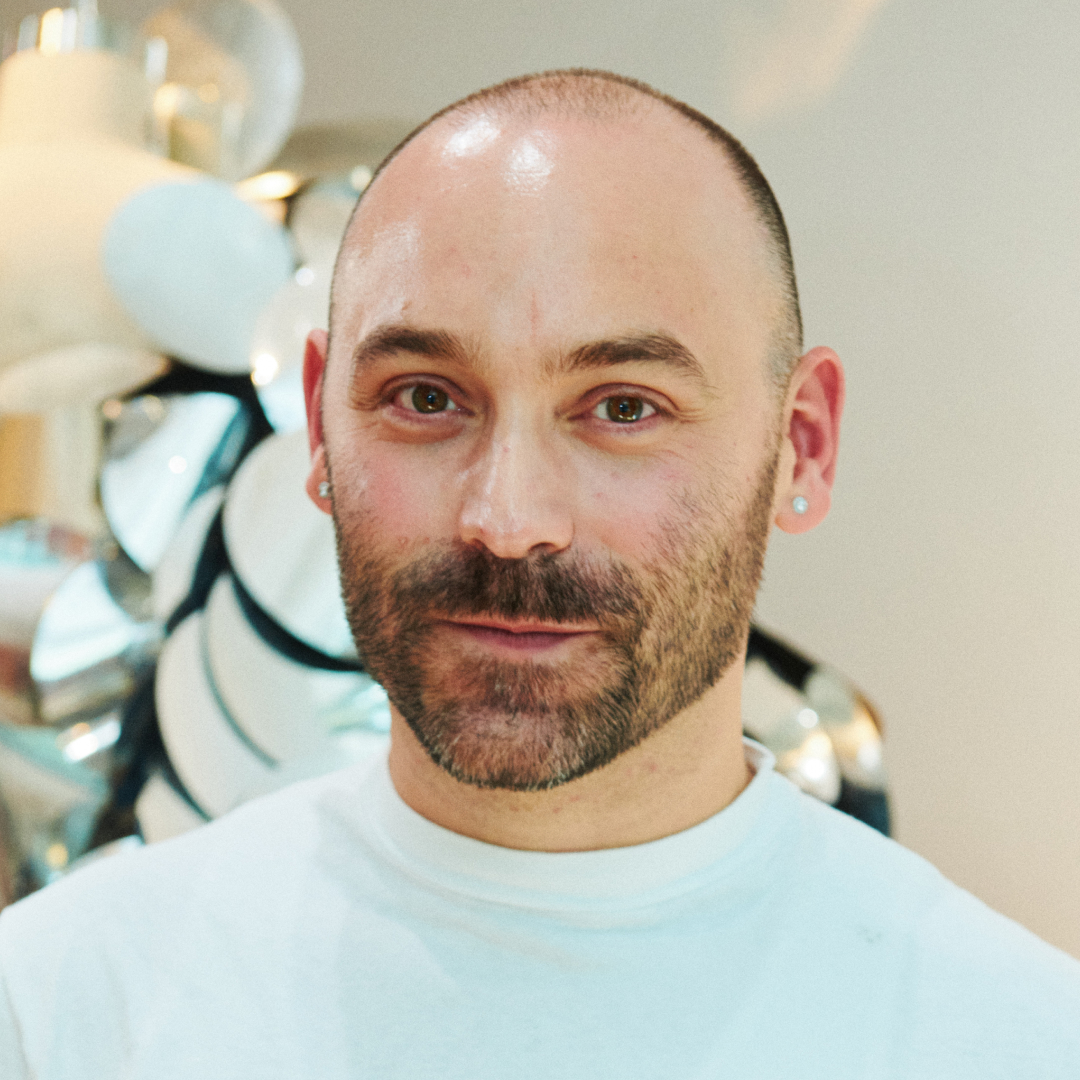Show Notes
Summary
Editor-in-chief of all la Repubblica magazines, Emanuele Farneti, is an influential figure in the fashion and design industries. Born in Italy, Farneti’s career trajectory skyrocketed as he took the helm of esteemed publications like Vogue Italia and L’Uomo Vogue. His keen eye for style, commitment to innovation, and passion for storytelling have propelled these magazines to new heights, earning him global accolades. A fusion of tradition and modernity characterizes Farneti’s leadership, analyzing the DNA of magazines to establish and evolve a language and direction better suited for contemporary society.
Read more...
Episode Highlights
- He comes from a family of journalists who worked for Italian weekly “Panorama,” so he was “literally born within a newsroom” and has “childhood memories of the good old days of print media, where this group of talented journalists in their 30s, in the middle of the 70s were having a lot of fun playing poker and doing beautiful newspapers.”
- Informed by a classical education, he studied law while training as a television and print media journalist, starting with sports before moving on to fashion.
- Known as “a true magazine maker,” Farneti knows the importance of working with a brand’s DNA, which he says can evolve but should remain true to itself.
- Remembering Vogue Italia’s pandemic coverage, Farneti remarks that the ability to use fashion to address largerquestions and have a voice about what’s important is crucial.
- As the director of D-la Repubblica, he’s adept at addressing a general audience with various and surprising topics united under the banner of good writing.
- Focusing on making the most beautiful monthly-style, weekly-produced magazine possible, D sets itself apart for the quality and depth of its reporting in beauty, fashion, society, art, and lifestyle sections.
- The three limits of D as a print magazine: 1) it takes a long time to come together and is in circulation so briefly. 2) print quality and paper are low when working on a weekly basis. 3) there’s no international distribution.
- One of the issues he’s more proud of came out last year and was completely dedicated to Afro-Italian or second-generation Italians, conceived, styled, and photographed by second-generation Italians themselves.
- The magazine is launching a men’s monthly on June 24. With D, Farneti oversees three different titles plus a newspaper covering the broader spectrum of fashion and beauty.
- When asked what’s contemporary, he says teamwork, and that his coworkers “are all bringing so many ideas, so many opportunities and such a good energy to the magazine.”
Notable Quotes:
- “Although I was too young for being part of the conversation, there is a probably within me a memory of the good old days of print media that kind of still resonates in my life today. Then, when I grew up, I came to this idea of becoming a journalist myself.” —Emanuele Farneti
- “What is the DNA of the magazine? That is something that you should maybe evolve, but you should not change. When you understand that, you understand also what are the parts that are not essential, that you can remove and change even drastically. So this is pretty much what I do. I try to immerse myself into the history of a magazine, the spirit of the magazine, the legacy of the previous editors.” —Emanuele Farneti
- “I’ve always tried to surround myself with people that are better than me in doing specific things, including styling, cover stories, for example, or being in charge of layouts of a magazine. So what I like to do is first bringing talents together, choosing talents, bringing them together and try to create the conditions for them to work in the best possible way.” —Emanuele Farneti
- “My job was more about surprising the readers, that was more about giving the readers what they don’t expect to be interested in, instead of giving them what they already know that they like.” —Emanuele Farneti
- “What I really like about working for print media instead of digital, which we all love, and we all obviously care a lot about is the fact that, Within a print media, whether that be a newspaper or a magazine, you need to edit. Meaning that you need to choose and you need to take responsibility for what you decide to include or not to include in your magazine.” —Emanuele Farneti
- “It’s the most important part of our job to have the personality or the arrogance, if you prefer, to decide what’s relevant for your readers and what’s not.” —Emanuele Farneti
- “Readers understand if you do something just because you have to or because it’s the fad of the moment or because you think to take advantage of this.” —Emanuele Farneti
- “We will always deal with this idea of mixing some more traditional contents with something that’s a bit more daring. I would not do one or the other. I think that it’s about trying to find the right balance between the two, meaning that I don’t feel the need, at least in this position, to be cutting edge or to be always too just about what’s super new for the sake of it.” —Emanuele Farneti
- “I guess this is contemporary: finding the right people, give them space, give them trust and share obstacles, but also gratifications.” —Emanuele Farneti




















